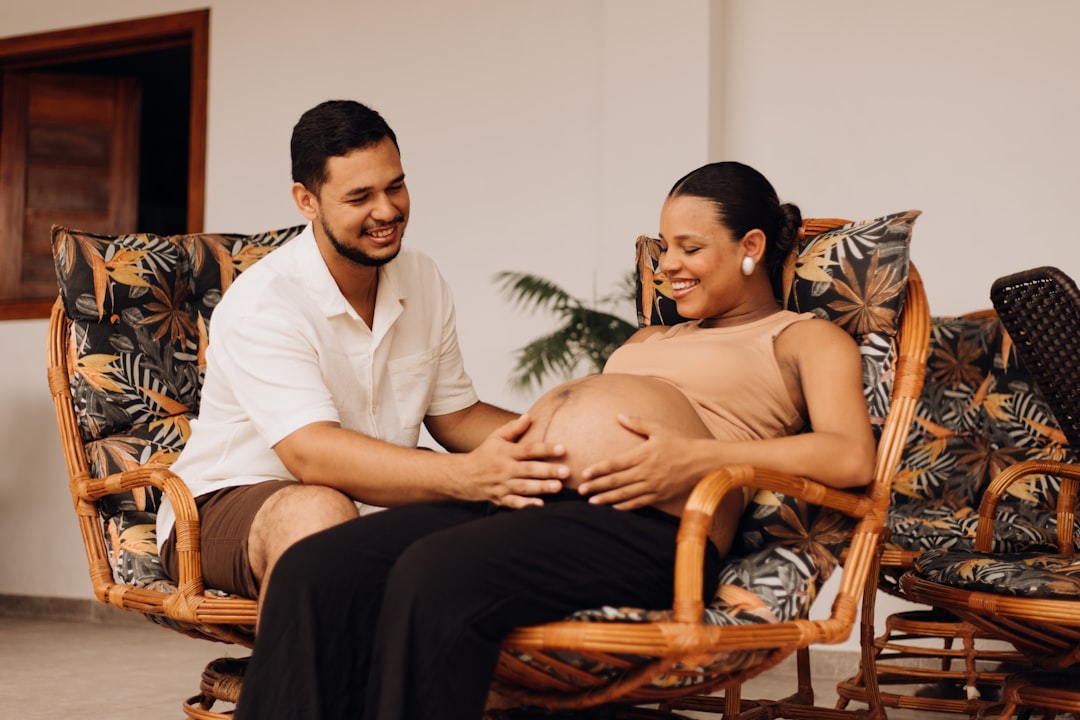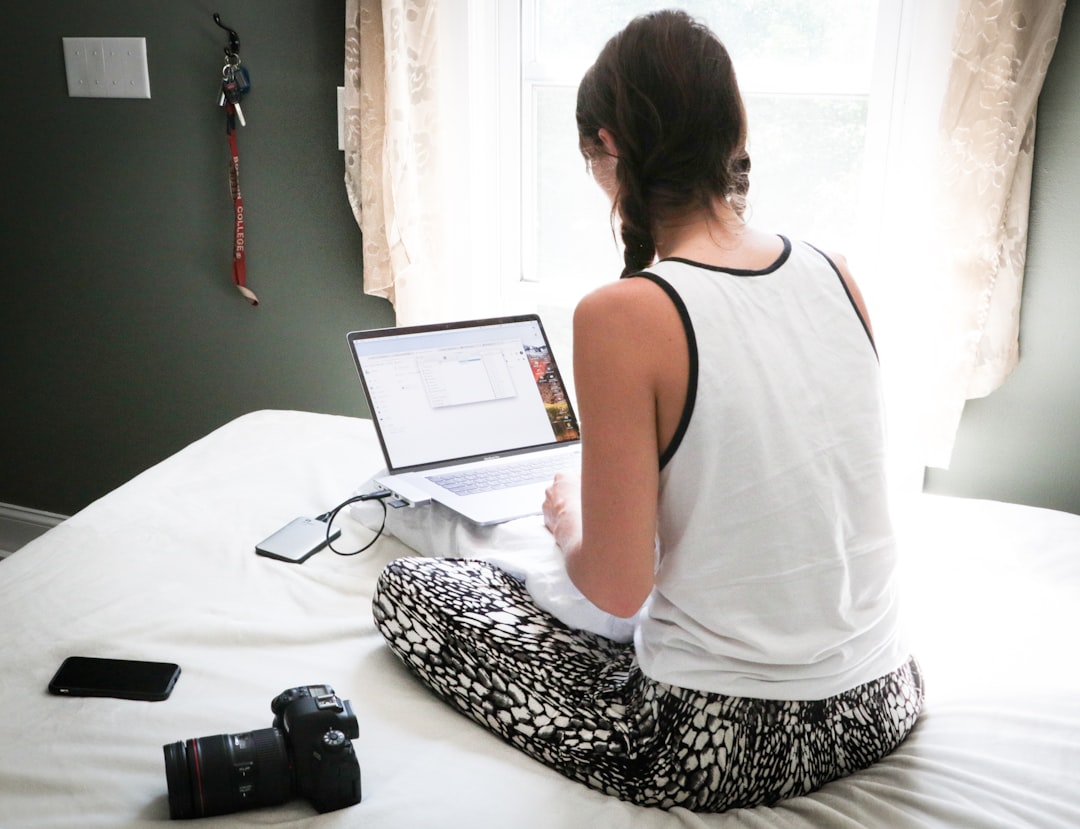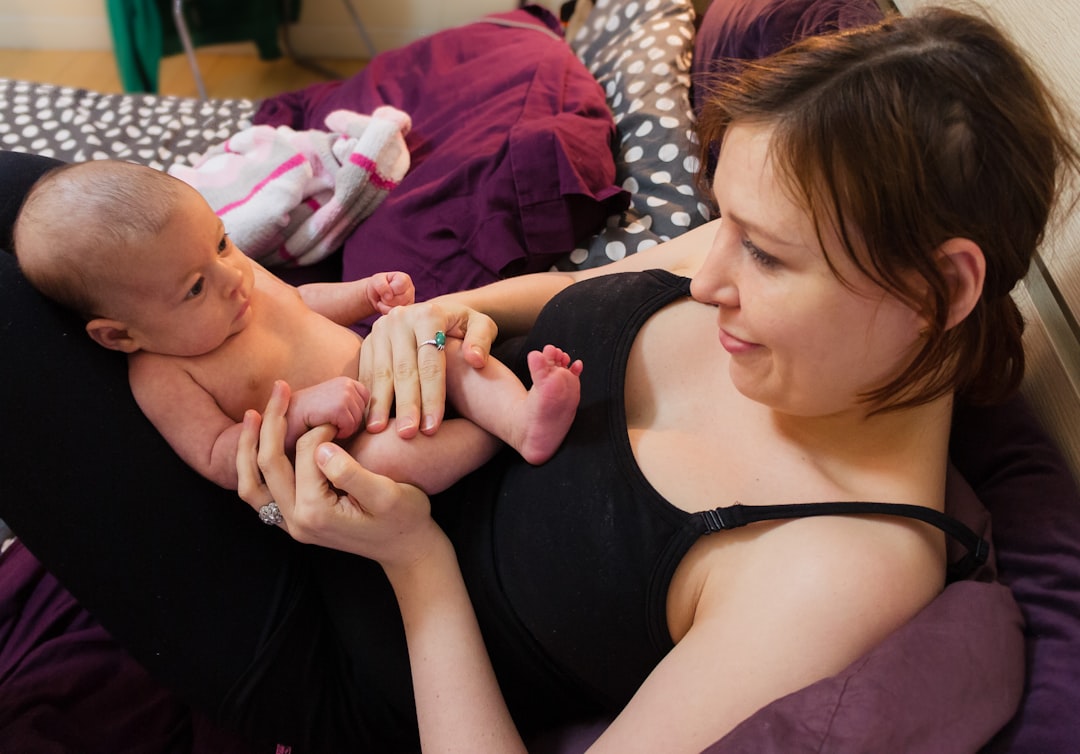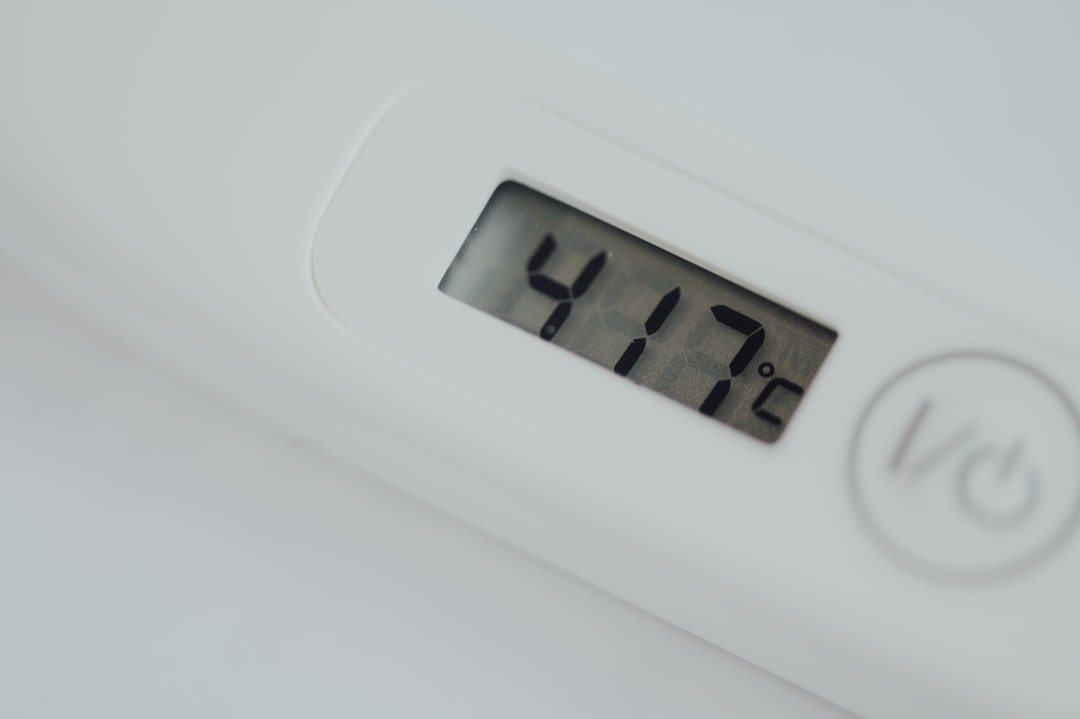Category: Post Pregnancy
Preparing for Labor and Delivery: How Our Course Gives You Tools for ‘The Moment’
When you’re expecting, few thoughts loom larger than “the moment” itself—labor and delivery day. Between the excitement, anticipation, and yes, some natural anxiety, preparing for childbirth can feel overwhelming. You want to feel confident, but with so much information available, where do you even start?
Inside the Pregnancy Course: How Expert-Led Classes Transform Your Journey
Preparing for pregnancy is like studying for the most important exam of your life—except there’s no definitive textbook, the syllabus keeps changing, and the stakes couldn’t be higher. With so much conflicting advice available online, finding reliable guidance can feel overwhelming.
Postpartum anxiety vs. postpartum depression: how to tell the difference
After childbirth, many new mothers experience significant emotional changes. While the “baby blues” affect up to 80% of new mothers and typically resolve within two weeks without treatment, more persistent mental health challenges can develop. Understanding the difference between postpartum anxiety (PPA) and postpartum depression (PPD) is crucial for getting appropriate support.
Digital Health in Motherhood: Can Apps Replace Traditional Support?
In an era where we manage everything from banking to fitness through our smartphones, it’s no surprise that pregnancy and postpartum care have gone digital too. With maternal care deserts growing and over 40% of U.S. births covered by Medicare and Medicaid, digital solutions are filling critical gaps. But can an app truly replace the reassuring touch of a midwife or the communal support of a mothers’ group?
The overlooked connection between nutrition and postpartum mood
Imagine this: You’ve just navigated pregnancy, labor, and delivery—one of the most physically demanding experiences of your life. Your body is recovering, hormones are fluctuating dramatically, and you’re adjusting to life with a newborn. Amid the whirlwind of these changes, your mental health becomes particularly vulnerable. Yet in conversations about postpartum recovery, one crucial factor often gets neglected: nutrition.
How to sleep better during pregnancy and postpartum: what science really says
Sleep is precious—especially when you’re growing or caring for a new human. If you’re struggling with sleep during pregnancy or after birth, you’re not alone. Research shows that up to 78% of pregnant women report disturbed sleep, with problems peaking in the third trimester.
Why the first 6 weeks after birth set the tone for long-term recovery
The journey into motherhood doesn’t end with childbirth—in many ways, it’s just beginning. The first six weeks after giving birth represent a critical period that can profoundly impact a mother’s physical healing, emotional wellbeing, and long-term recovery. Yet in a culture that often rushes new mothers back to “normal life,” these crucial weeks rarely get the attention they deserve.
U.S. Maternal Mortality: What’s Going Wrong and What Could Fix It
In a nation with some of the world’s most advanced medical technology, an alarming reality persists: the United States has one of the highest maternal mortality rates among developed countries. At 18.6 deaths per 100,000 live births in 2023 (down from 22.3 in 2022), the U.S. rate still dramatically exceeds peer nations like the UK (6.5) and Canada (7.2), where mothers are significantly less likely to die from pregnancy-related causes.
New postpartum guidelines: Too much, too soon—or just right?
Ever glanced at postpartum health recommendations and thought, “Who has time for this?” You’re not alone. The latest postpartum guidelines have sparked both praise and criticism, leaving many new mothers wondering if these standards are realistic or simply another item on an impossible to-do list.
Why postpartum women prefer cooler temperatures—and what that means for your comfort
That uncomfortable, sweaty feeling after giving birth isn’t just in your head. New research reveals that your postpartum body temperature preferences are actually driven by real changes in your brain—and understanding this shift can make your recovery significantly more comfortable.










